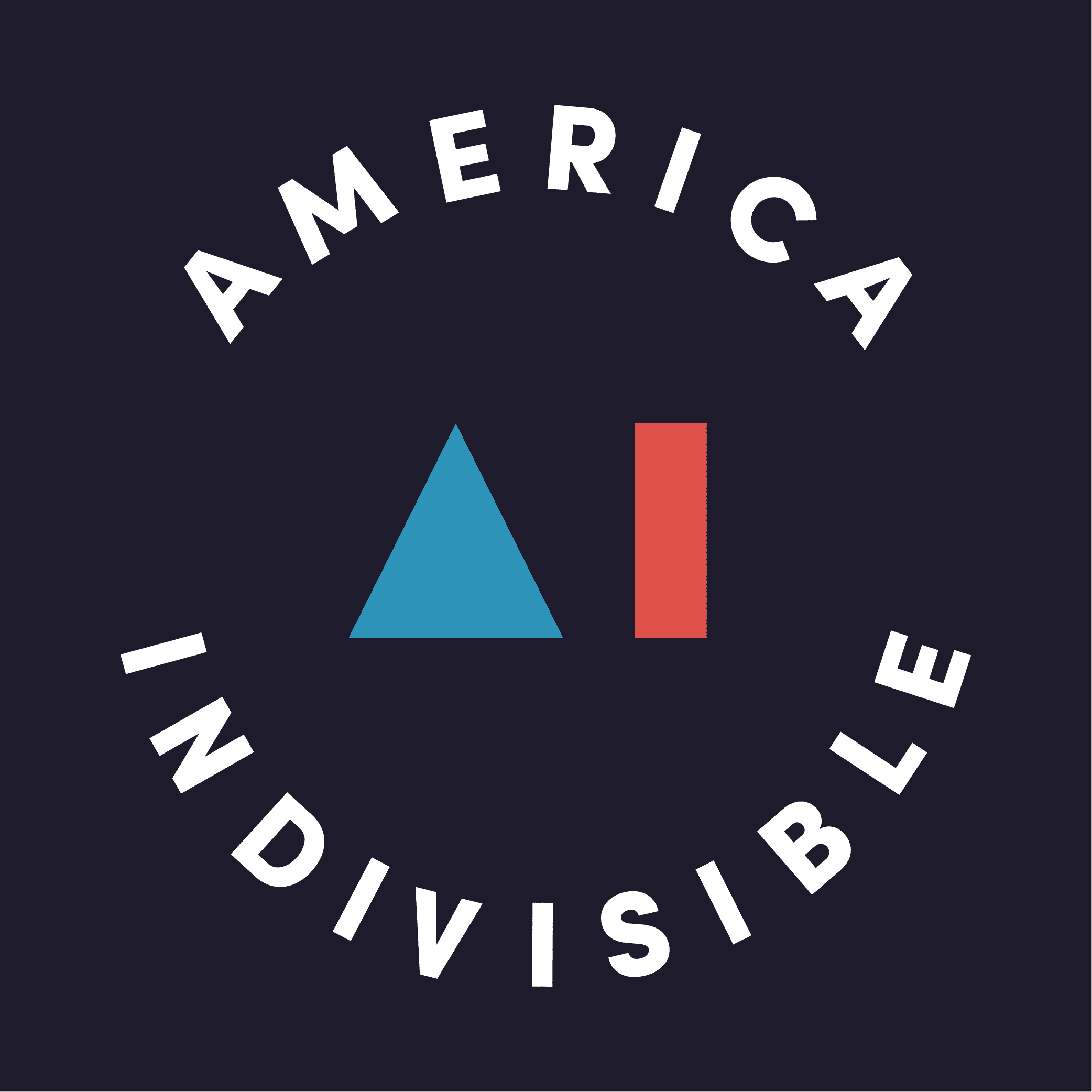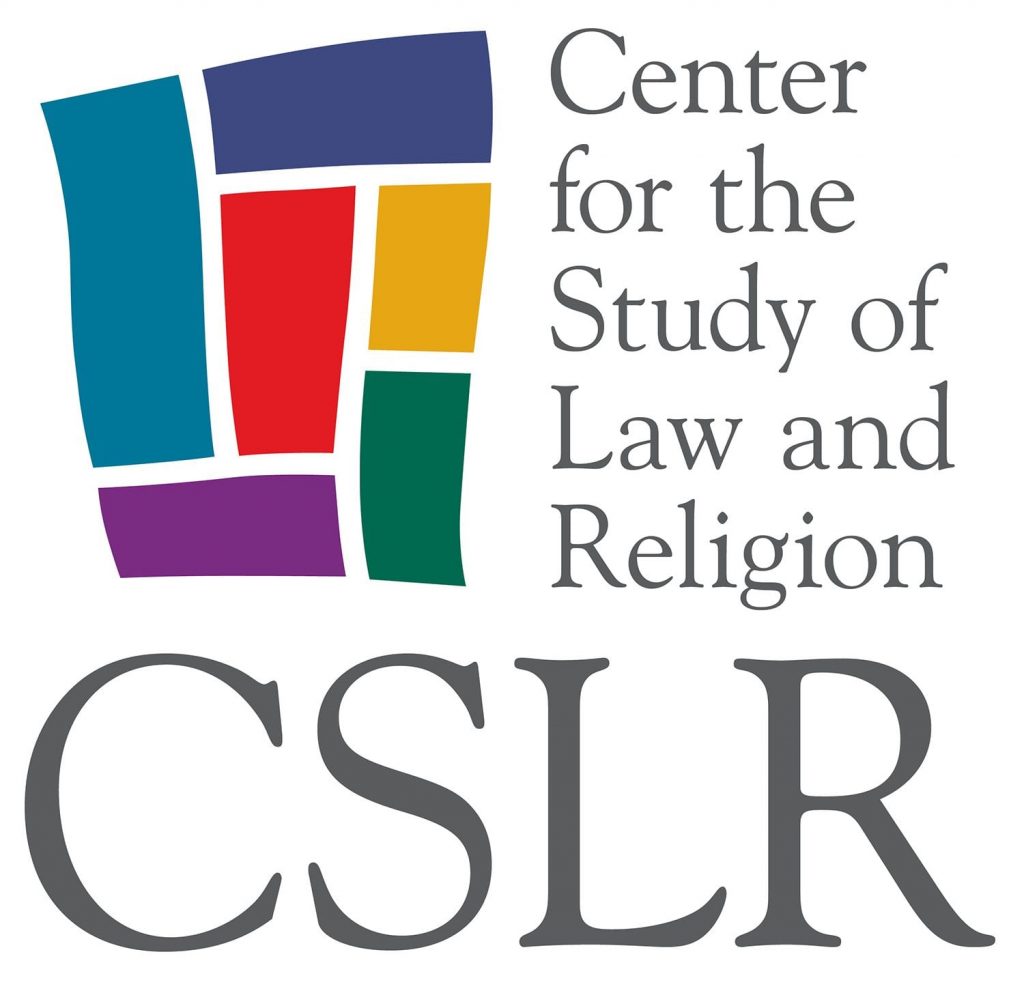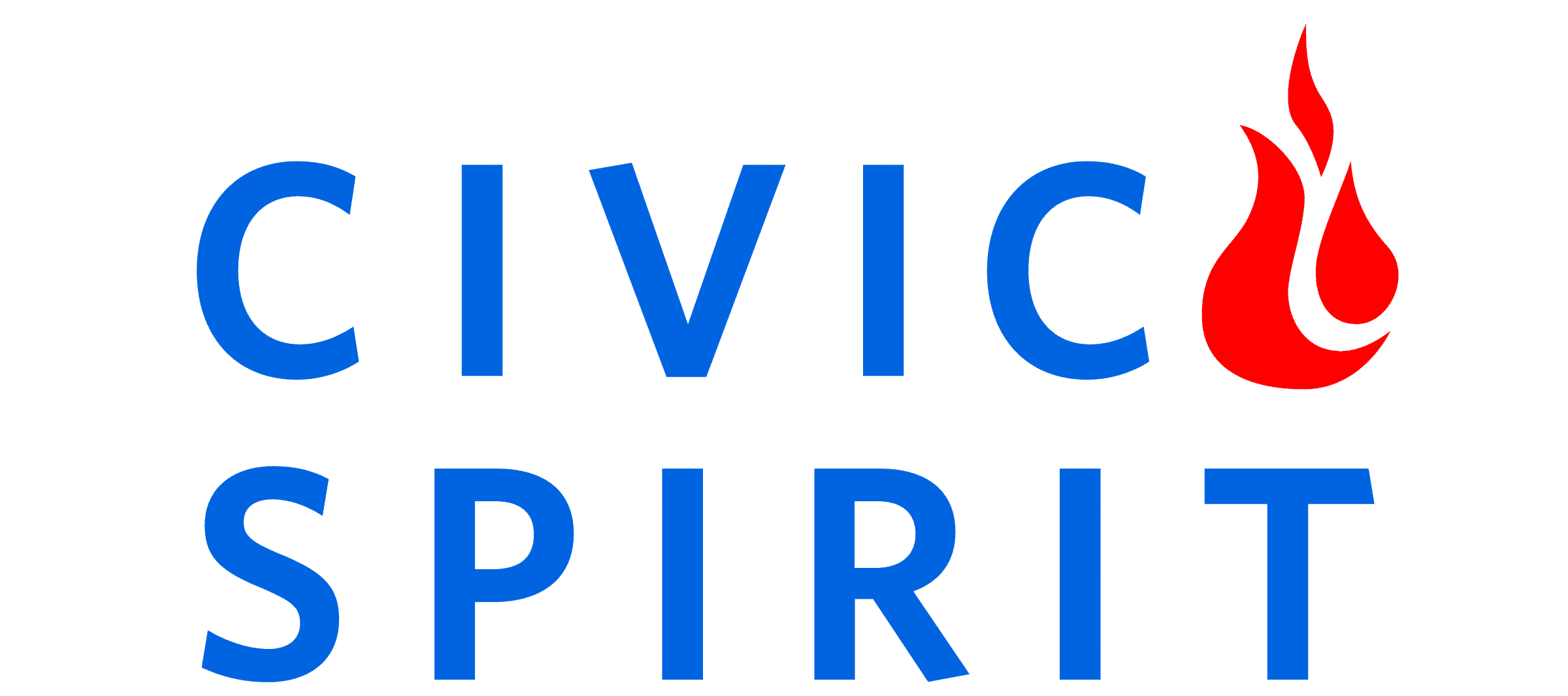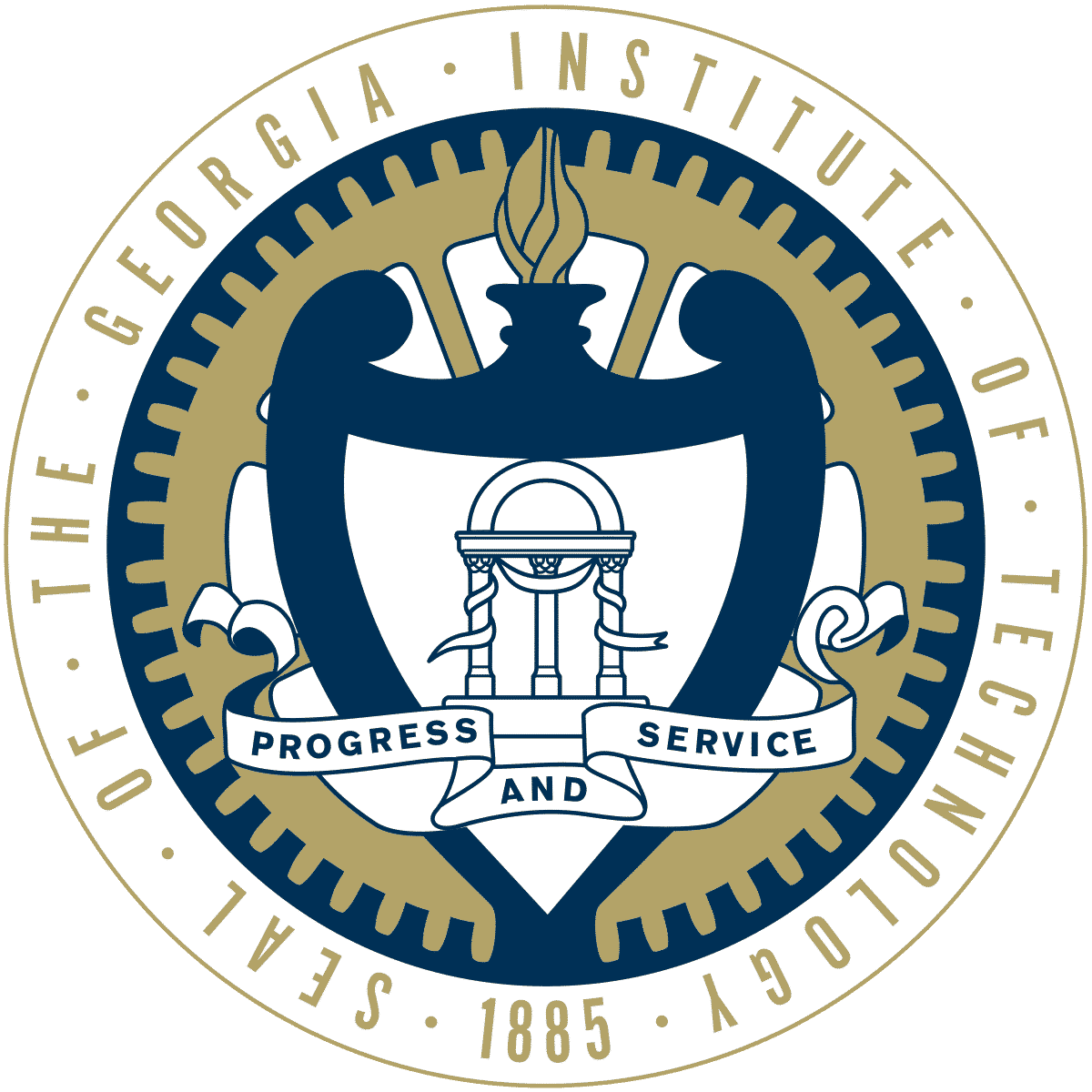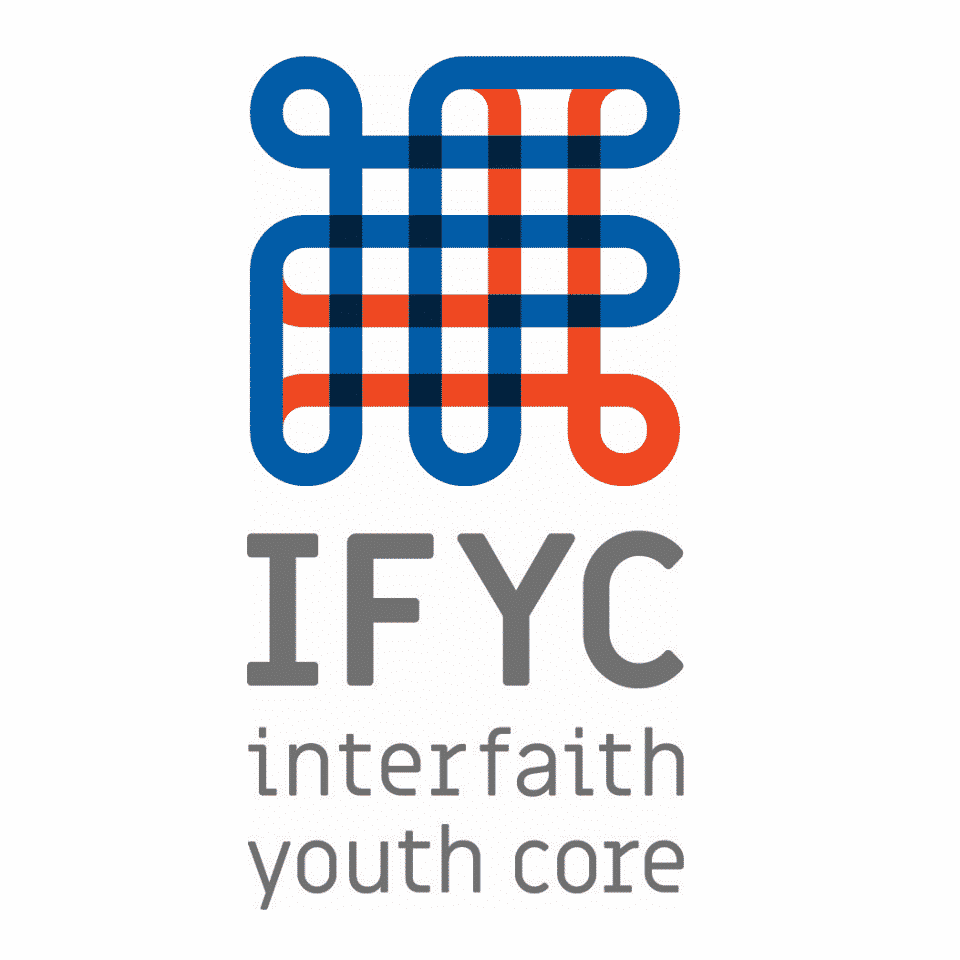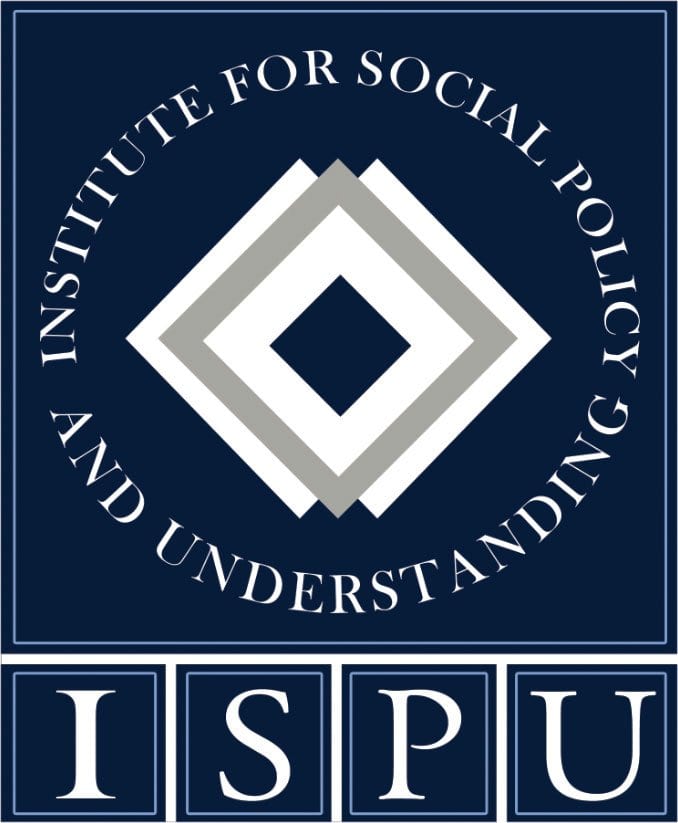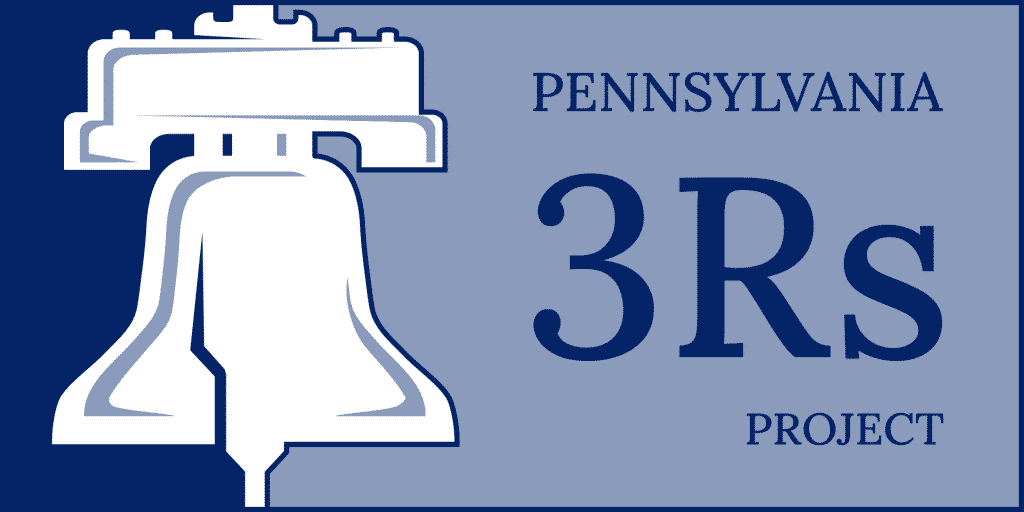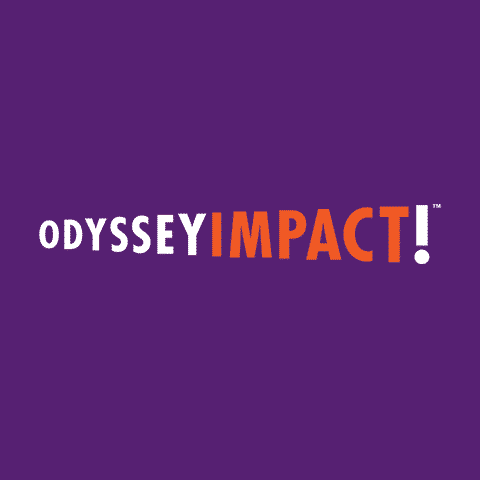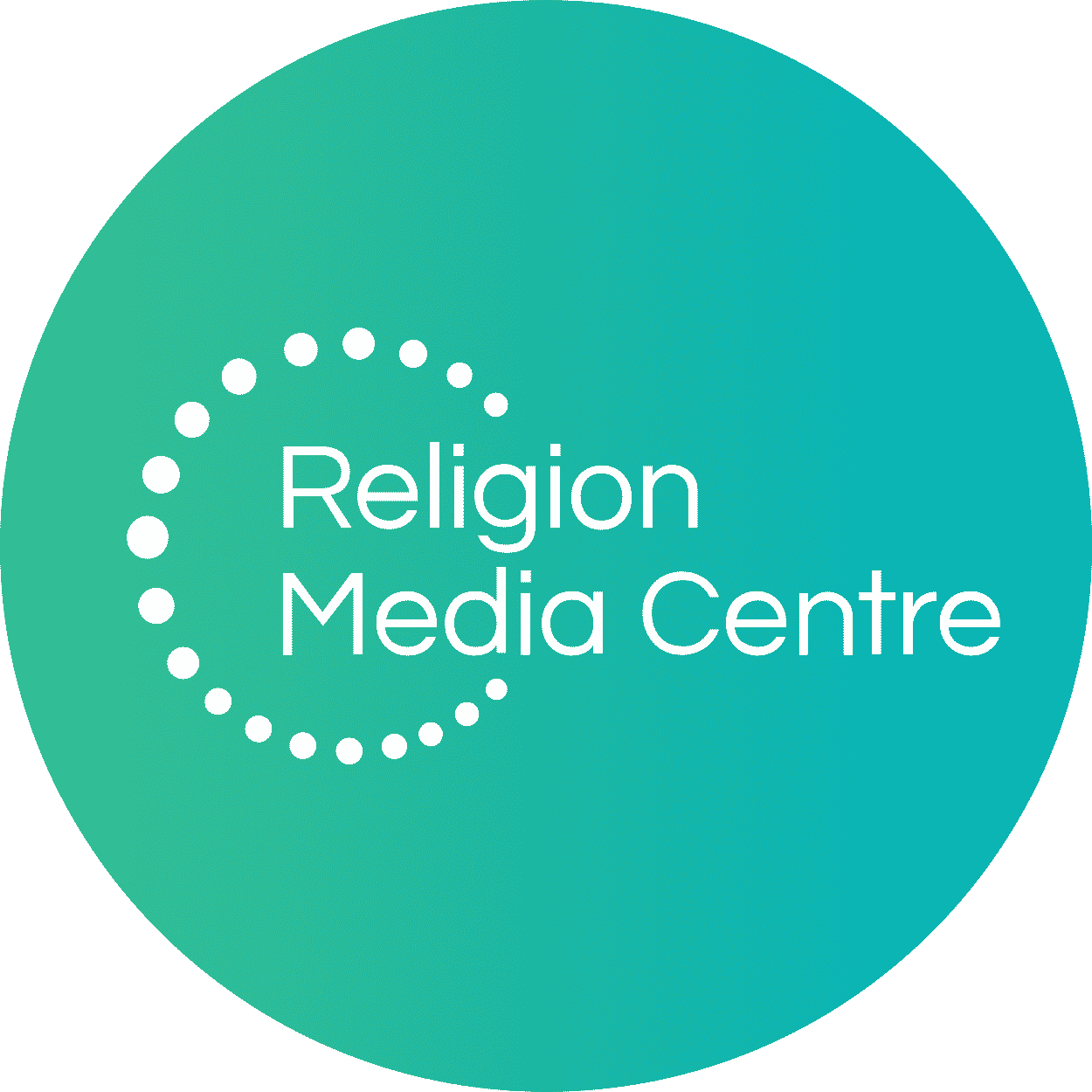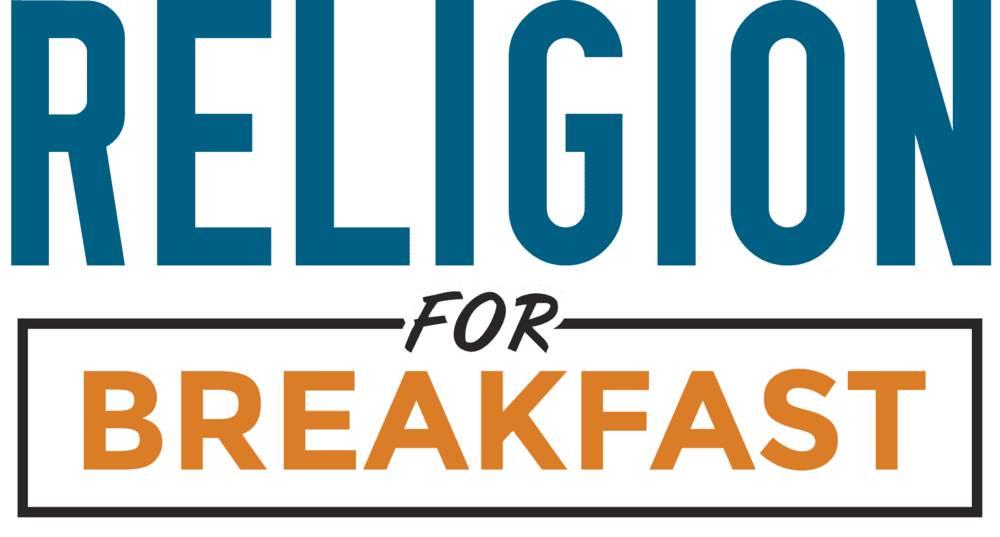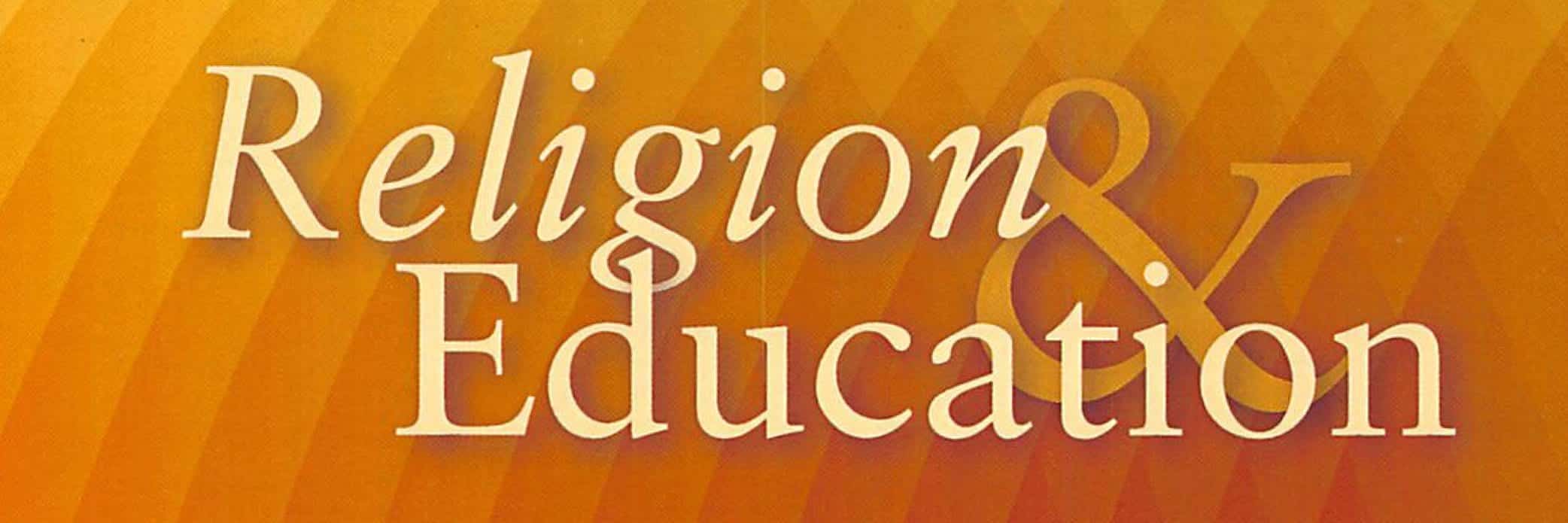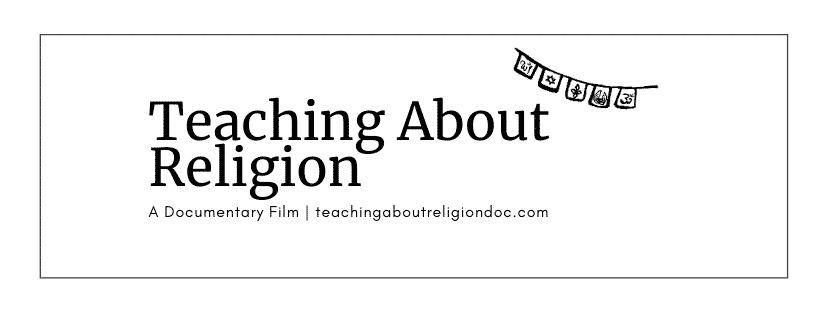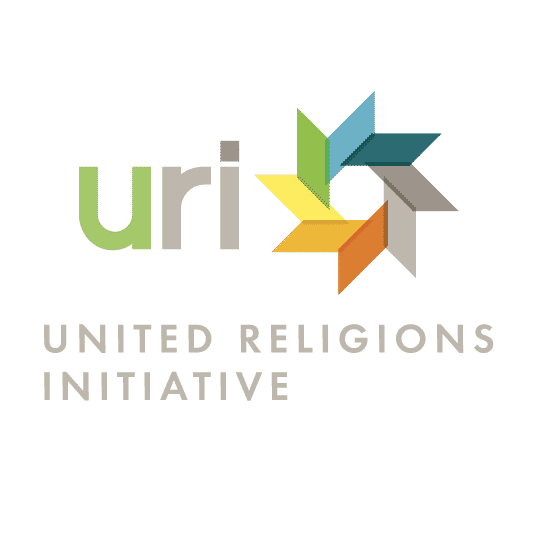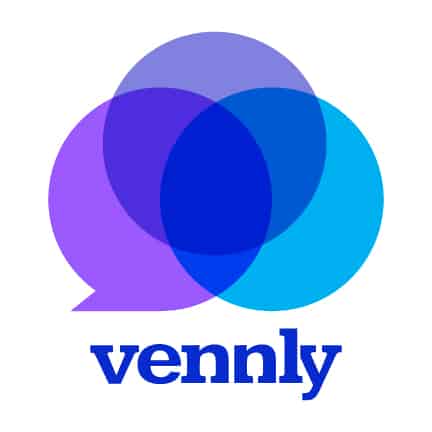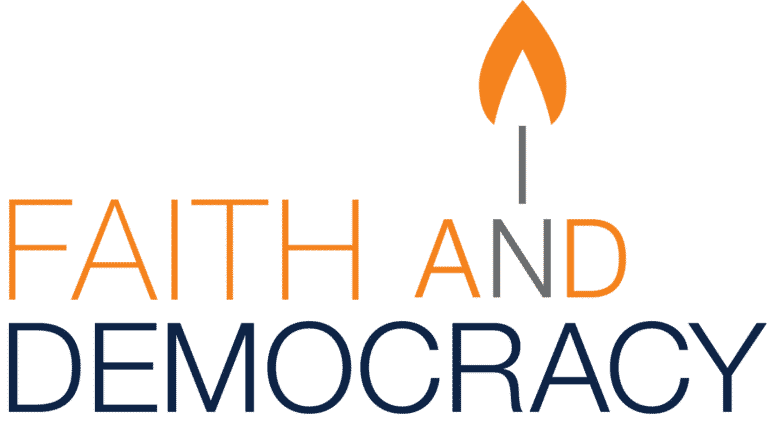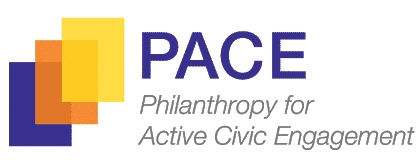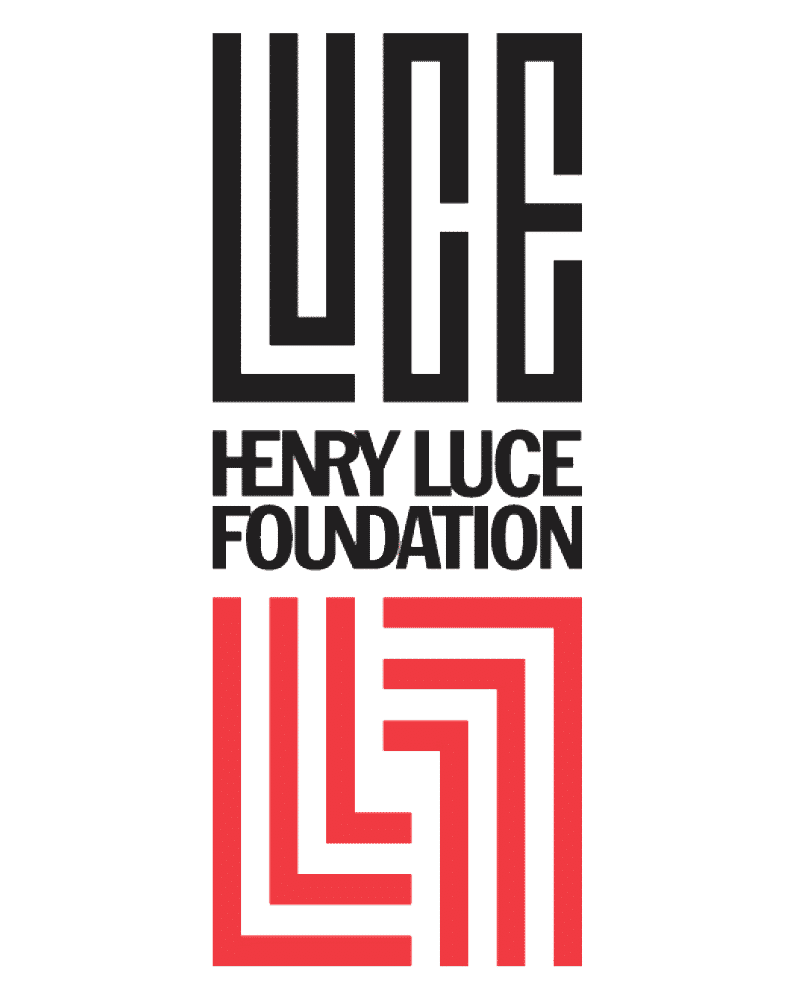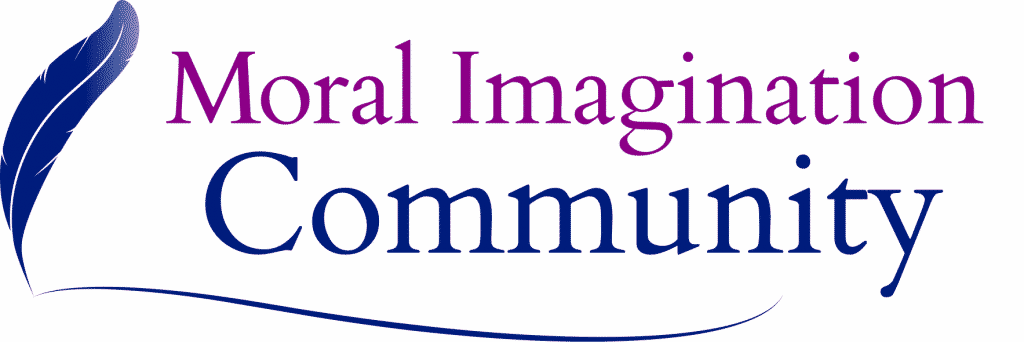
When it comes to religion and public life, America’s politics and laws have been driven by illiteracy and contempt. Misinformed people can transmit moral contagions to one another, justifying increases in social hostilities and even violence toward vulnerable minorities. These disturbing trends are a result of a failure of imagination––our lack of moral imagination.
Moral imagination is the practice of projecting ourselves into a conflict to understand, not agree with all perspectives. Moral imagination is a character strength that ignites personal and shared virtues as an individual and communal discipline.
The Moral Imagination Community challenges 1,000 college students in Philadelphia to immerse themselves in moral dilemmas as presented in 40 case studies on ReligionAndPublicLife.org.
Researchers at Rutgers University–Camden ask: Can the MIC enliven students’ character strengths––their moral, intellect, civic, performance virtues––and their religious literacy––their knowledge, skills, attitude, and motivations about issues of religion and society?
In the largest study of its kind, we use evidence-based research to evaluate MIC’s efficacy and contextualize character education for the field of religious studies
There are moral cracks in our community. We see it in how the most vulnerable among us are treated. When it comes to religion and public life, our politics and laws have been driven by contempt. Misinformation breeds fear and perpetuates stereotypes about people who do and do not identify as religious.
We live in a culture where citizens mischaracterize public debate as a winner-take-all enterprise. We use our imagination to eliminate our opponent’s positions. We slam shut our ears to the insights and wisdom of those with whom we disagree. This trend can result in reinforcing our unexamined assumptions, misperceptions, and prejudices.
Unfortunately, issues of religion and public life fall victim to this zero-sum game. Vast illiteracy about religion further magnifies social hostilities. As a result, there are stark political divides on topics of common concern and gross misunderstandings of one another’s distinct standpoints.
The truth is, how we treat the religious other is an indicator of the health of our democracy. And we are not well. Our divisions are a result of a failure of imagination––our lack of moral imagination.
Moral imagination is the ability to picture yourself in the middle of a moral dilemma and see everyone’s point of view. You model how to understand one another, aware that understanding need not imply agreement. It’s a civic virtue you embody when you have empathy for someone with whom you disagree. By applying your moral imagination, you help disrupt the scripts that magnify our divisions.
In 2021, a community of practice comprised of 25 religious literacy educators prepared this proposal to engage 1,000 college students in Philadelphia and Rutgers University–Camden to share the MIC––the Moral Imagination Community at ReligionAndPublicLife.org.
The MIC equips freshmen and sophomores to use this social learning community and its companion app to immerse themselves in moral dilemmas––real-life simulations called “WISE Case Studies.” This character education program begins with learners taking four WISE steps: They Watch compelling videos, Interact with retention games, Study with leading experts, and Engage with their peers. In these ways, they cultivate their character through the community of practice they form on ReligionAndPublicLife.org.
Our collection of forty WISE Case Studies span a range of topics about religion and society and align with the Jubilee Center’s building blocks of character, as detailed in this proposal (e.g., moral, intellectual, civic, performance). We assert that the moral cracks in society are not going to heal on their own. It will take all of us to step up to the MIC and remind the birthplace of our nation of the timeless lesson: I am not free until you are free.
Rutgers University–Camden is honored to serve as the sponsoring research institution. Our award-winning research team will investigate students’ attitudinal changes in character virtues and religious literacy and evaluate the efficacy of the case studies to promote civic virtues and the public understanding of religion.
The multistage, mixed-methods, quasi-experimental research study will include pre- and post-attitudinal measures and surveys.
Qualitative responses to the case studies will assess student changes in both character virtues and the KSAM of religious literacy––knowledge, skills, attitude, and motivations. The research team will use the data to evaluate the efficacy of the case studies to promote civic virtues and the public understanding of religion.
Americans are struggling to self-govern a nation of religious minorities, where no religious group is more than half of the population (i.e., Evangelical 25%, unaffiliated 23%, Catholic 21%, Mainline 15%, other 9%, Historically Black Protestant 7%) (Pew 2019).
Vast illiteracy about religion and lack of empathy for others fuels division and discord. Contempt drives our politics and laws, informing how we mistreat the most vulnerable among us, as evidenced in rising hate crimes against Muslims, Jews, and Sikhs (FBI 2016–2020). These tragedies are due to a lack of moral character and are fueled by fear, misinformation, and stereotypes.
The Moral Imagination Community confronts this contempt by training 1,000 college students in character education and religious literacy. Our WISE case studies will inspire students to picture themselves in the middle of a moral dilemma and ignite their moral imagination by cultivating civic virtues. This will empower them to help bridge social divisions.
MIC will help prepare the next generation to self-govern a nation of religious minorities, promote the public understanding of religion while developing an ongoing community of practice for young people in Philadelphia and beyond.
Three communities of practice––thirty religious literacy educators, 1,000 Philadelphia-area college students, and a research team––will produce the following outputs.
1. FORTY CASE STUDIES. Religious literacy educators will create four case studies, one for each of the character virtues, across ten areas of religion and public life––Business, Childhood Studies, Education, Health, History, Law, Media, Politics, Race, and Science. These 40 case studies will result in a semester-long course at Rutgers about virtues in the public square.
2. ONLINE COMMUNITY. Students will use ReligionAndPublicLife.org to access videos, podcasts, and the mobile app to complete 40 multimedia case studies about moral dilemmas.
3. RESEARCH PROJECT. The multistage, mixed-methods, quasi-experimental research study will include pre- and post-attitudinal measures and surveys. Qualitative responses to the case studies will assess student changes in both character virtues and the KSAM of religious literacy––knowledge, skills, attitude, and motivations. The research team will use the data to evaluate the efficacy of the case studies to promote civic virtues and the public understanding of religion.
The Moral Imagination Community envisions 1,000 undergraduates reawakening the civic character of Camden, the 10th-most-dangerous city in America, and Philadelphia, the poorest big city in America.
We will measure the efficacy of the WISE case studies in developing their KSAM competencies that derive from the field of religious literacy:
- increased Knowledge and cultural literacy of religion,
- the Skills required to engage in civil dialogue and encounter difference,
- the Attitudes and dispositions needed to empathically encounter the religious other, and
- the Motivations needed to take up the shared responsibility of defending the rights of others.
We foresee students applying these competencies and virtues to become leaders in their communities and overcome social divisions and conflict. MIC will demonstrate how students’ character virtues and religious literacy fortify one another.
By making the WISE cases accessible via students’ smartphones, we prepare to reach an even wider audience, allowing for broader dissemination of these skills and virtues. Our research will become the largest data set on religious literacy education and form new collaborations among educators and scholars in character education and religious studies.
Our religious literacy educators and researchers have spent the last decade building a robust community of practice, thanks to The Foundation for Religious Literacy and the Centre for Civic Religious Literacy.
Our 25 award-winning leaders have generated over $4.5M in education initiatives, research projects, and countless academic publications. We bring more than 20 years of experience with online education, having previously launched New York University’s Virtual College and conducted research through Columbia University on how technology can be used to enhance the moral and intellectual development of adult learners.
During the pandemic, we built ReligionAndPublicLife.org with partners such as the Aspen Institute, Emory University, Georgia Tech, Institute for Social Policy and Understanding, Interfaith Youth Core, Parliament of the World’s Religions, Religious Freedom & Business Foundation, and Smithsonian’s Museum of American History.
Our collegial bond is strengthened by the institutional support of Rutgers University–Camden, the academic home for the Moral Imagination Community. Rutgers will administer the grant using its robust financial and administrative mechanisms for conducting large human-subject research while ensuring the protocols meet the highest ethical standards.
Advancing human relations through character education.
“The century’s scientific advances must be matched by comparable advances in human relations."
Huston Smith
(1919–2016)
WISE Case Studies
As religious literacy educators, we are a community of practice who teach about issues of religion and public life.
We draw upon evidence-based research on character education to craft case studies, where a community or group is entangled in a moral dilemma on an issue of public concern. We set the stage by ensuring that each person in the conflict is accurately represented. Learners are invited to engage in the conflict with the intent to understand all the points of view.
Each multimedia case study is published on ReligionAndPublicLife.org, a social learning community. The WISE method, developed by Dr. Nathan C. Walker, guides students through the following steps:
Watch compelling videos, including interactive lectures, news clips, and documentaries;
Interact with engaging activities that gamify learning;
Study academic sources through interactive course packs, handouts, podcast segments, and radio news articles;
Engage with peers through the social learning community at ReligionAndPublicLife.org, which combines social networking and e-learning technologies.
Overall, the WISE method engages learners’ multiple learning styles to create a sense of play through social interaction, building a supportive learning community while cultivating moral imagination.
Cultivate your Character through Community
The adventures are endless. Explore ways people form their religious and non-religious identities. Strengthen your moral muscles and cultivate your character through community. Engage with our collection of forty WISE Case Studies that span a range of topics about religion and society.
| 40 WISE Case Studies | Moral Character | Intellectual Character | Civic Character | Performance Character |
|---|---|---|---|---|
|
Religion & Business |
1 | 2 | 3 | 4 |
|
Religion & Children |
5 | 6 | 7 | 8 |
|
Religion & Education |
9 | 10 | 11 | 12 |
|
Religion & Health |
13 | 14 | 15 | 16 |
|
Religion & History |
17 | 18 | 19 | 20 |
|
Religion & Law |
21 | 22 | 23 | 24 |
|
Religion & News |
25 | 26 | 27 | 28 |
|
Religion & Politics |
29 | 30 | 31 | 32 |
|
Religion & Race |
33 | 34 | 35 | 36 |
|
Religion & Science |
37 | 38 | 39 | 40 |
Our Community of Practice
Our religious literacy educators and researchers have spent the last decade building a robust community of practice, thanks to The Foundation for Religious Literacy and the Centre for Civic Religious Literacy. Our 25 award-winning contributors to the Moral Imagination Community project previously generated over $4.5M in education initiatives, research projects, and countless academic publications. A majority of our team identifies as religious minorities (54%), nearly half as females (46%), nearly a third as racial minorities (31%), and 19% identify as sexual minorities. Log in and view contributor profiles on ReligionAndPublicLife.org.
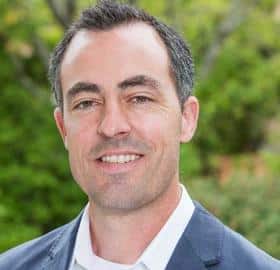
Dr. Vincent F. Biondo
Professor and Chair, Department of Religious Studies, Chair Department of History, Humboldt State University
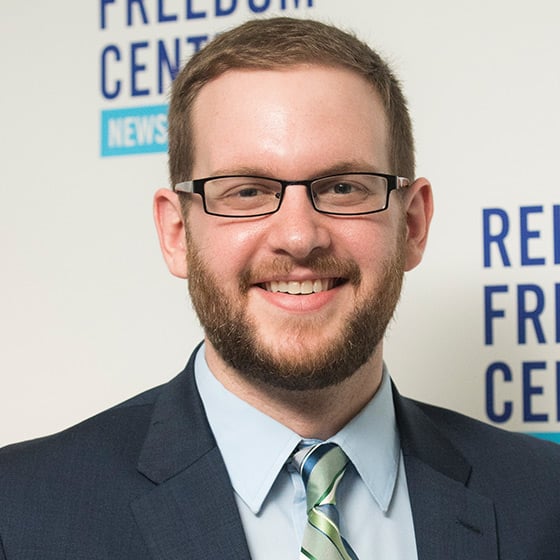
David Callaway
Project Director,
Georgia 3Rs Project; WISE Case Study Author
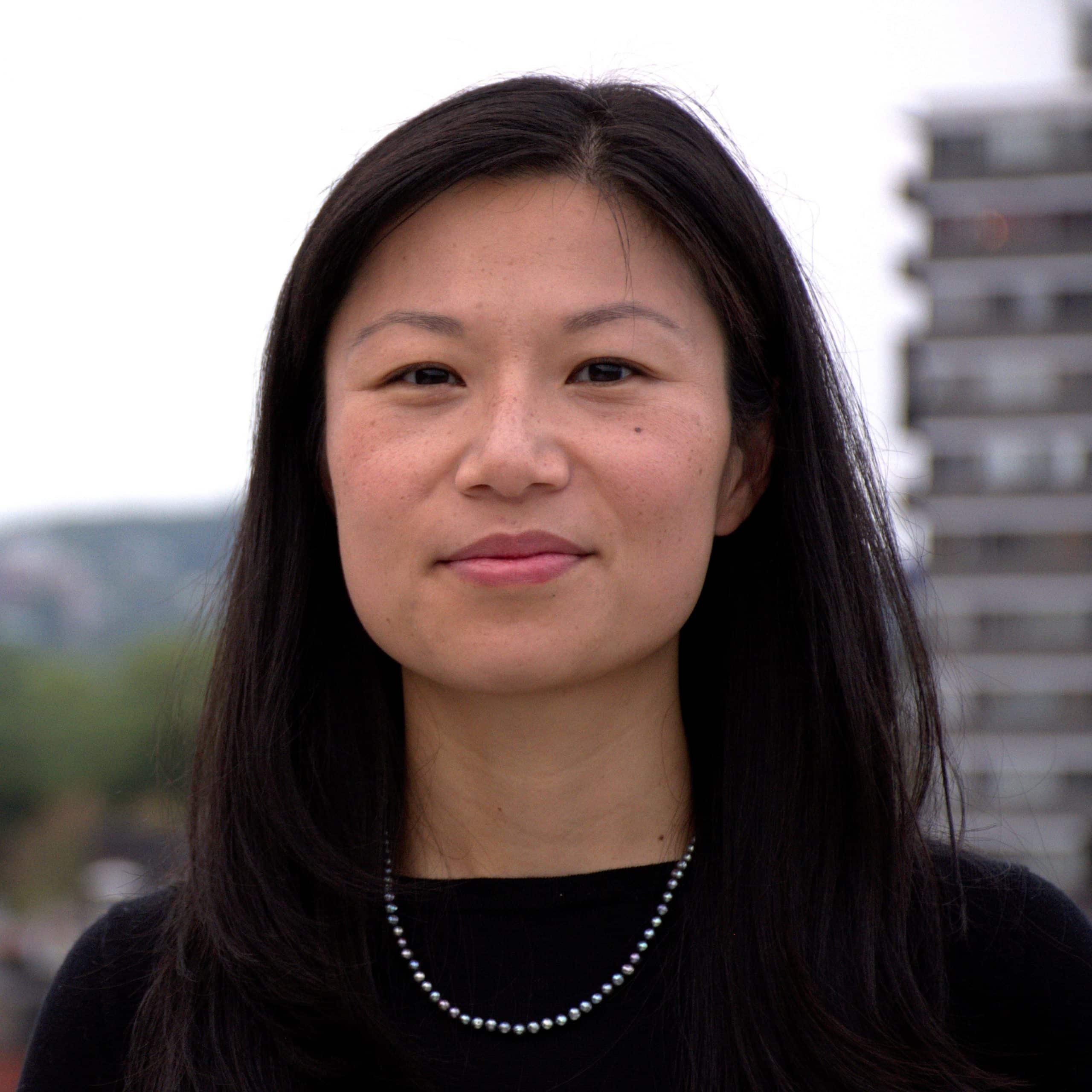
Dr. W. Y. Alice Chan
Co-Principal Investigator Moral Imagination Community; Executive Director and Co-Founder, Centre for Civic Religious Literacy
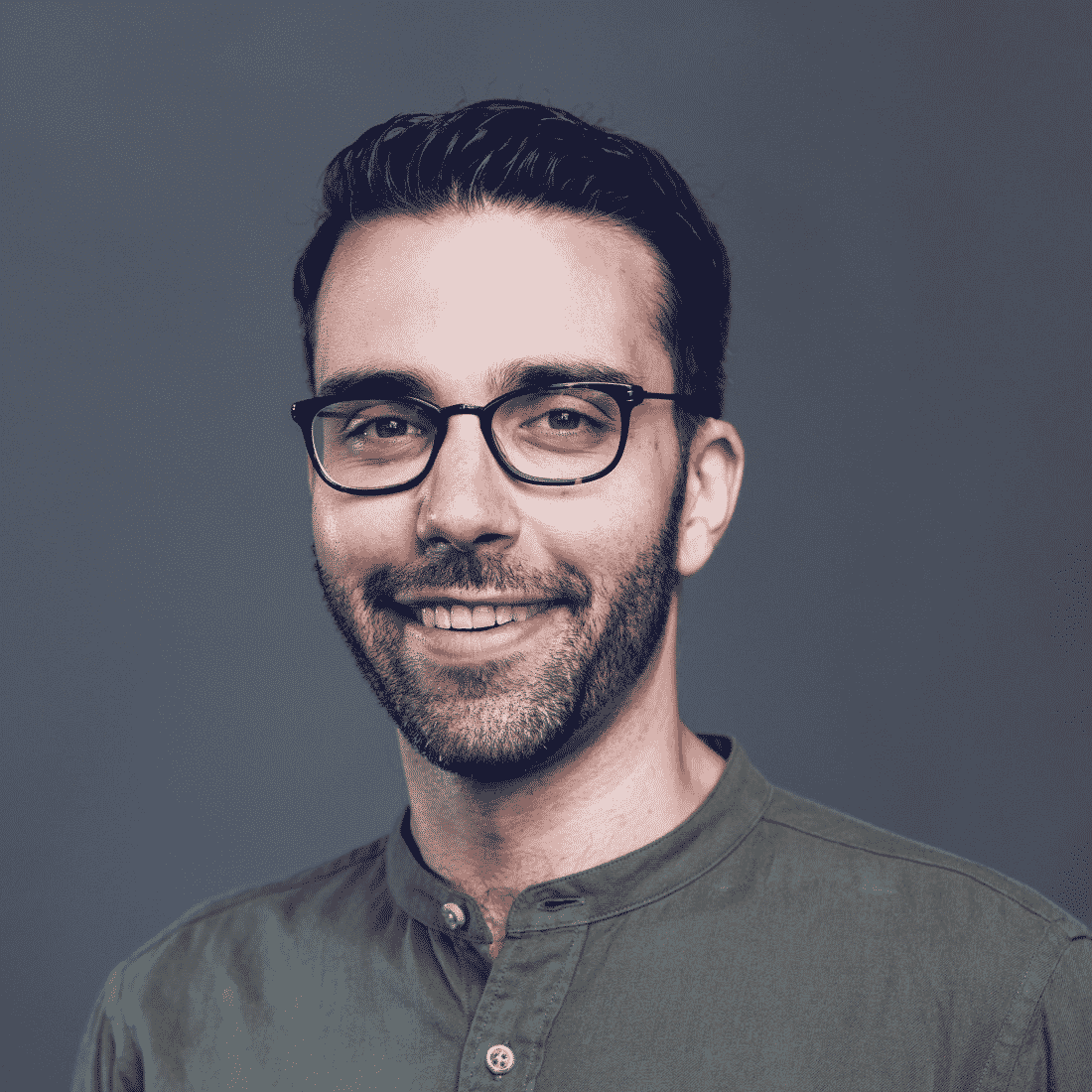
Hassan Ghiassi
Founder, Aristotle’s Café; cultural literacy and civil dialogue facilitator

Dr. Brian J. Grim
President, Religious Freedom & Business Foundation; ; WISE Case Study Author
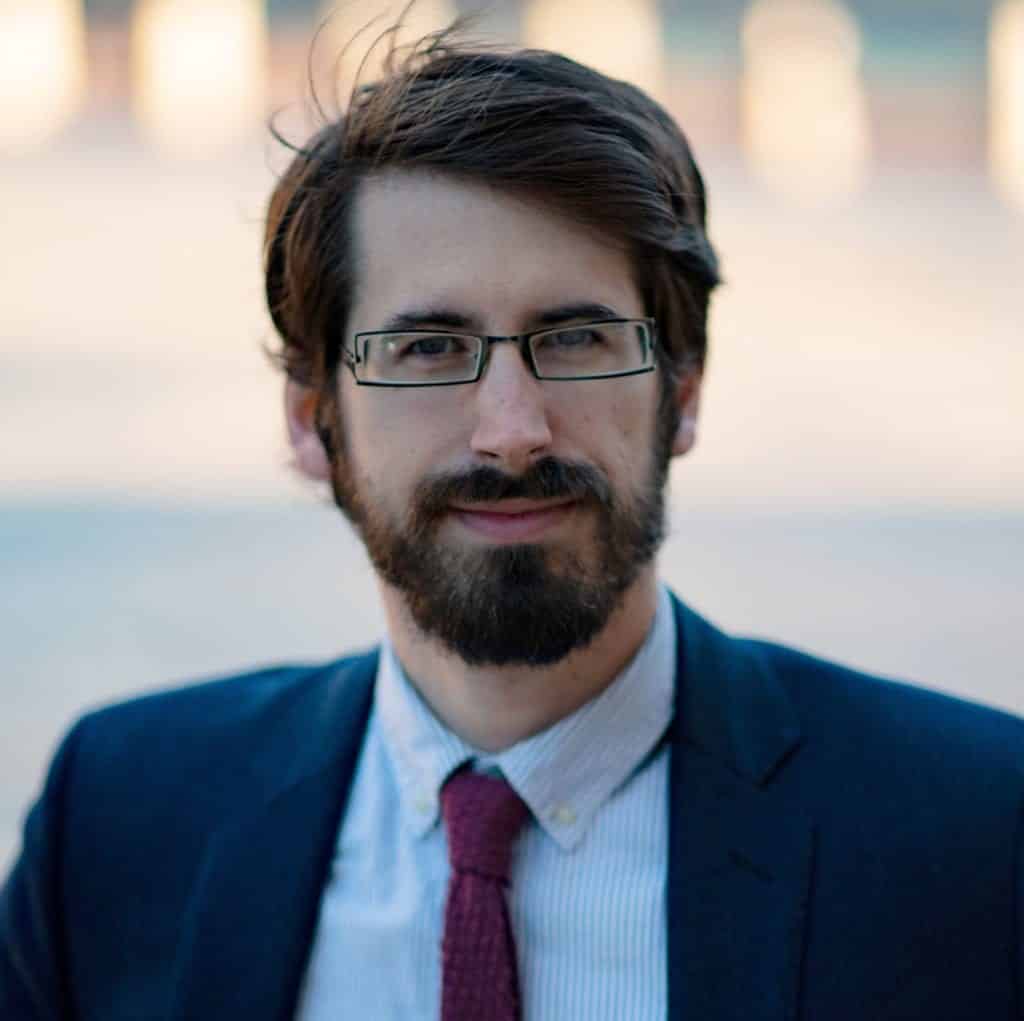
Dr. Andrew Henry
Founder and Host
Religion for Breakfast,
YouTube Chanel; WISE Case Study video producer
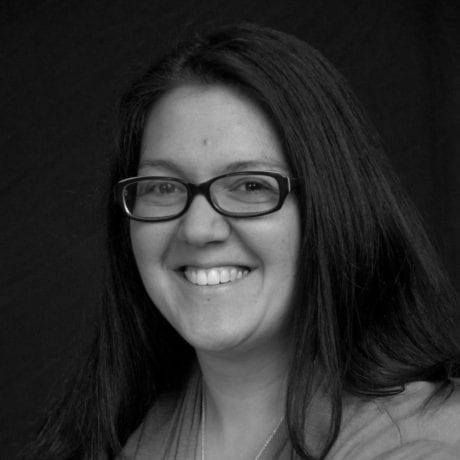
Lauren W. Herman, JD
Harvard Immigrant Rights Fellow, Make the Road NJ; ; WISE Case Study Author
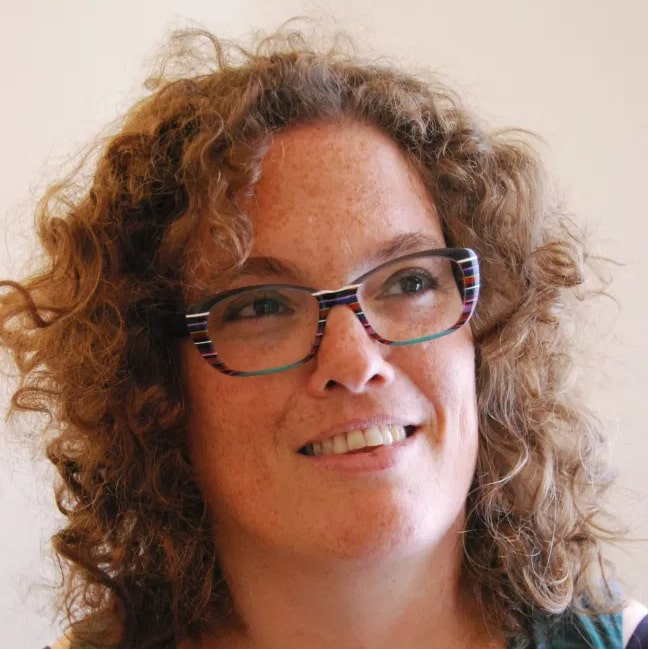
Dr. Sivane Hirsch
Subject Matter Expert, Centre for Civic Religious Literacy; ; WISE Case Study Author
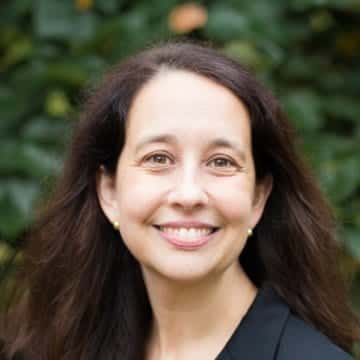
Dr. Lia C. Howard
Wellness Director,
University of Pennsylvania; WISE Case Study Author
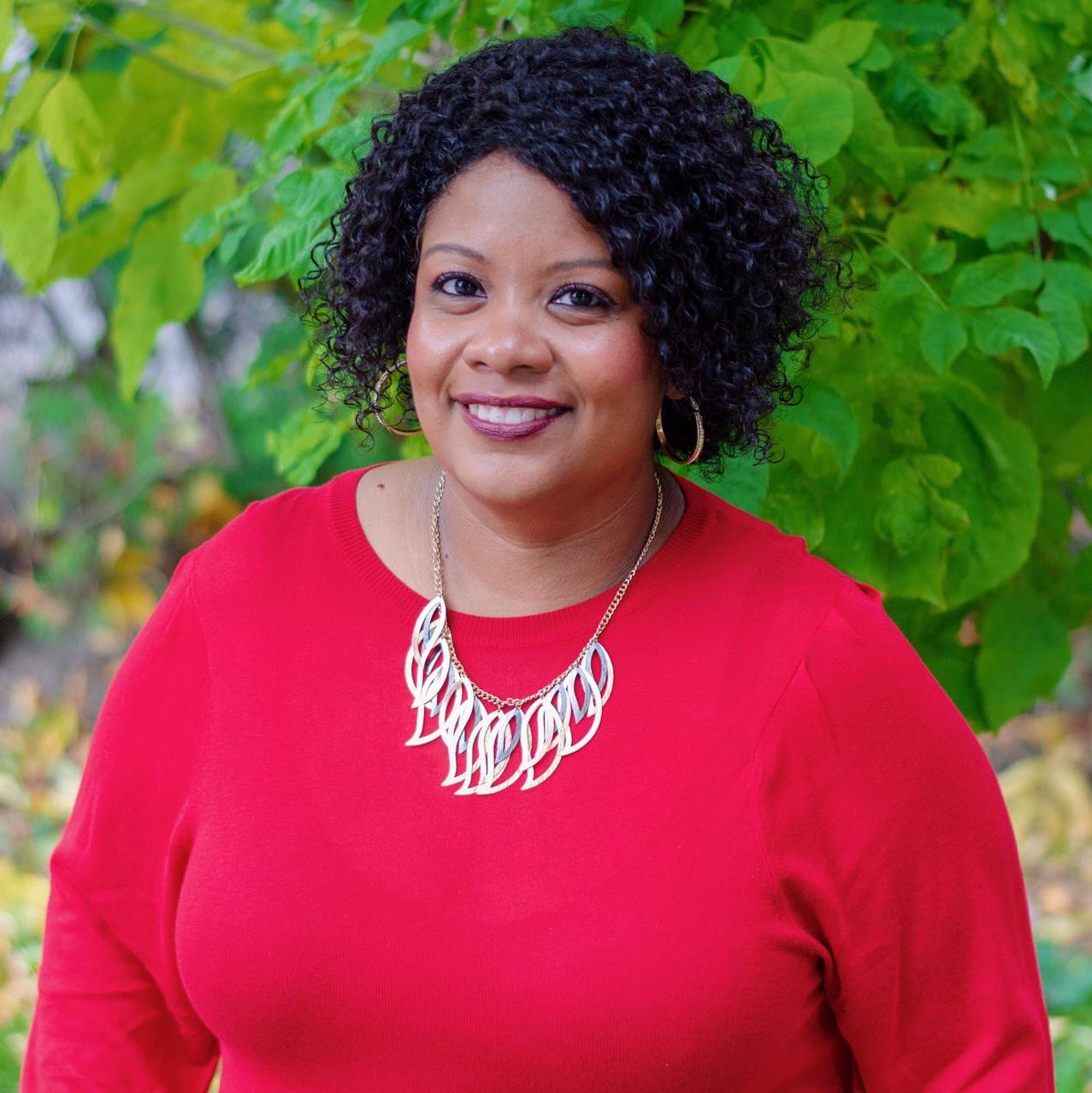
Dr. Sabrina Jafralie
Co-Founder, Director of Learning, Centre for Civic Religious Literacy; WISE Case Study Author
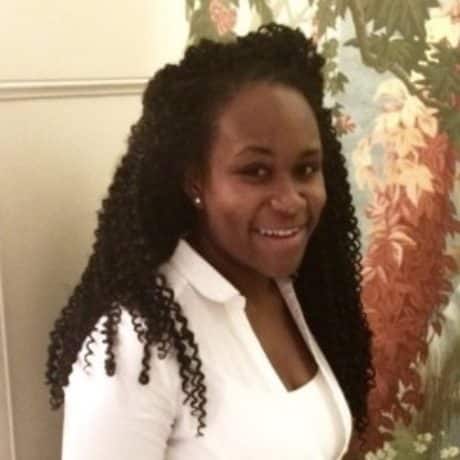
Brittany R. King
Delegate, 1791 Delegates,
WISE Case Study E-Learning Specialist

Paul W. Lambert
Board Member, Senior Business Fellow, Religious Freedom & Business Foundation; WISE Case Study Author

Dr. Emile Lester
Co-Research Director Moral Imagination Community, Professor, University of
Mary Washington

Benjamin P. Marcus
Yale Law School student, Special Advisor, The Foundation for Religious Literacy; WISE Case Study Author
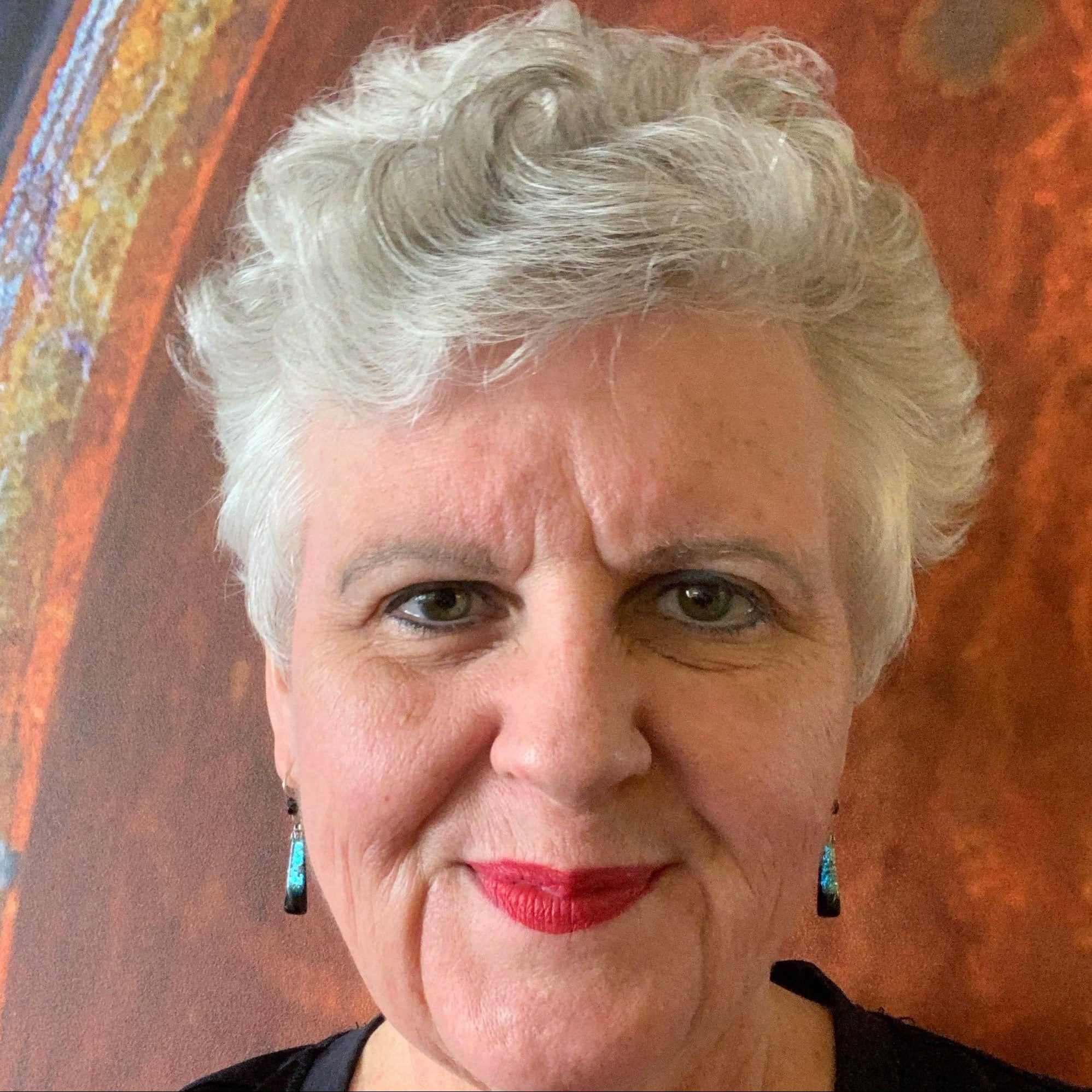
Dr. Debra L. Mason
Fellow, Religious Literacy Project, Harvard University; WISE Case Study Author

Dr. Siebren Miedema
Professor, Religious Education, VU University, Amsterdam

Hiren Mistry
Regional Director, Subject Matter Expert, Centre for Civic Religious Literacy; WISE Case Study Author

Dr. Erik Owens
Professor, Boston College, Delegate, 1791 Delegates; WISE Case Study Author

Dr. Christina Parker
Subject Matter Expert, Centre for Civic Religious Literacy; WISE Case Study Author
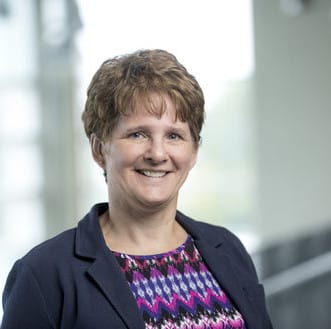
Dr. Margie Patrick
Subject Matter Expert, Centre for Civic Religious Literacy; WISE Case Study Author
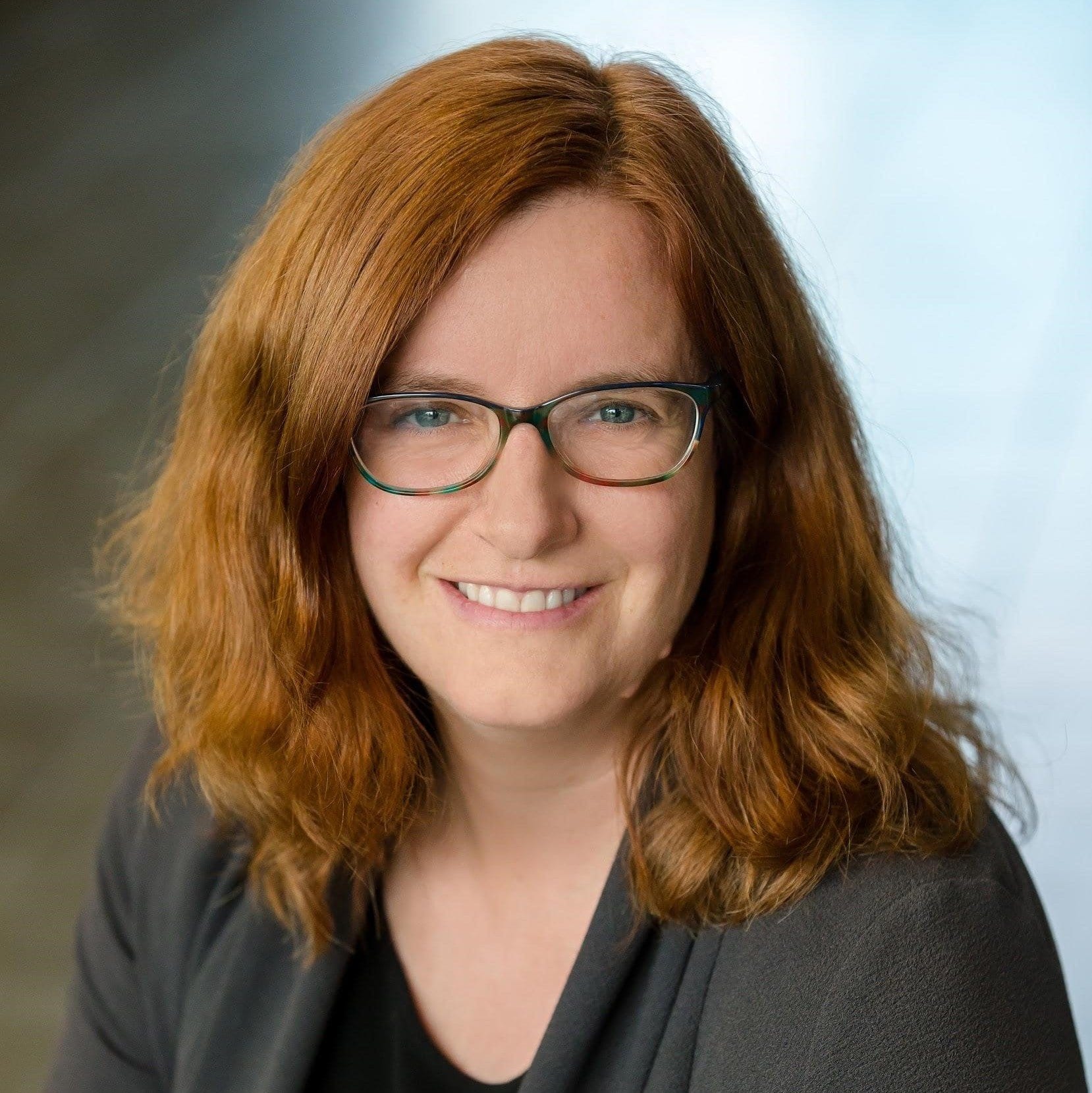
Erin Reid
Regional Director, Centre for Civic Religious Literacy; WISE Case Study Author

Jai Rice
Video Producer,
Jaided Films
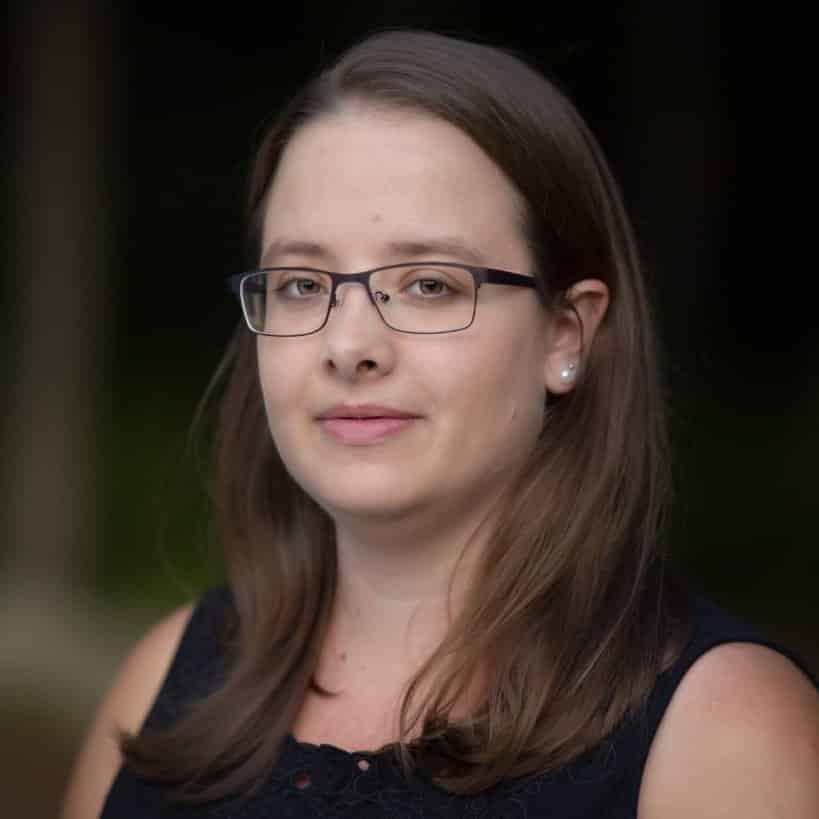
Dr. Kate E. Soules
Co-Research Director Moral Imagination Community,
Director, Religion & Education Collaborative
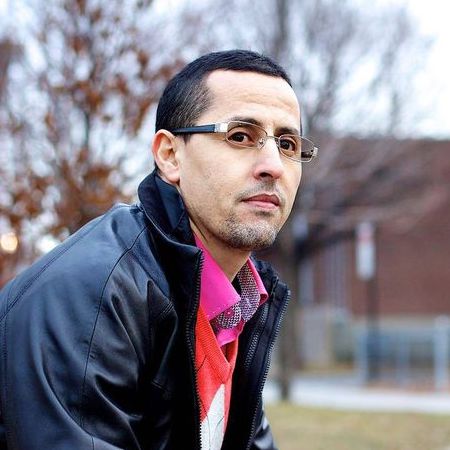
Dr. Hicham Tiflati
Regional Director, Centre for Civic Religious Literacy; WISE Case Study Author
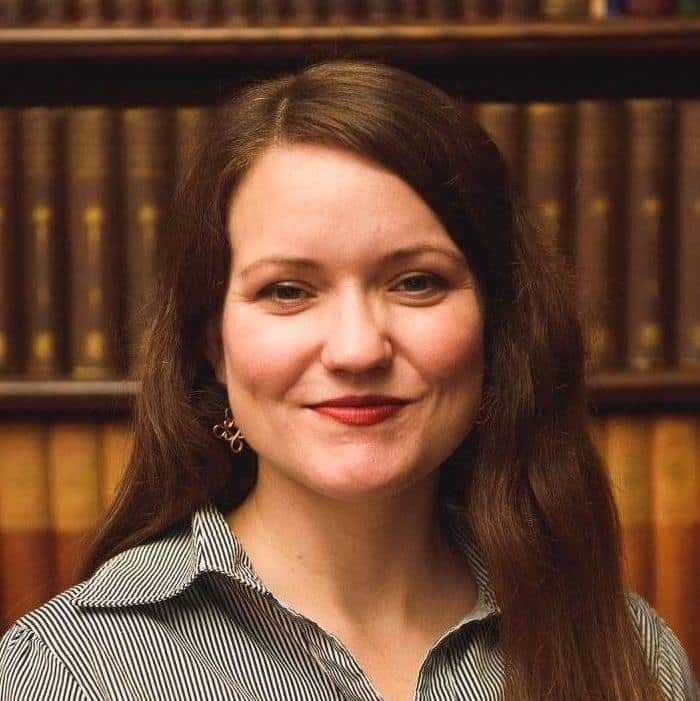
Eleesha Tucker
Executive Director, Utah 3Rs Project; WISE Case Study Author

Dr. Michael D. Waggoner
Professor Emeritus, University of Northern Iowa, editor of journal Religion & Education; WISE Case Study Author

Dr. Nathan C. Walker
Co-Principal Investigator Moral Imagination Community; Founder ReligionAndPublicLife.org; Director, The Foundation for Religious Literacy
About ReligionAndPublicLife.org
ReligionAndPublicLife.org is made possible by the charitable contributions of 1791 Delegates, The Foundation for Religious Literacy, and the Arthur Vining Davis Foundations, and the following content contributors.



